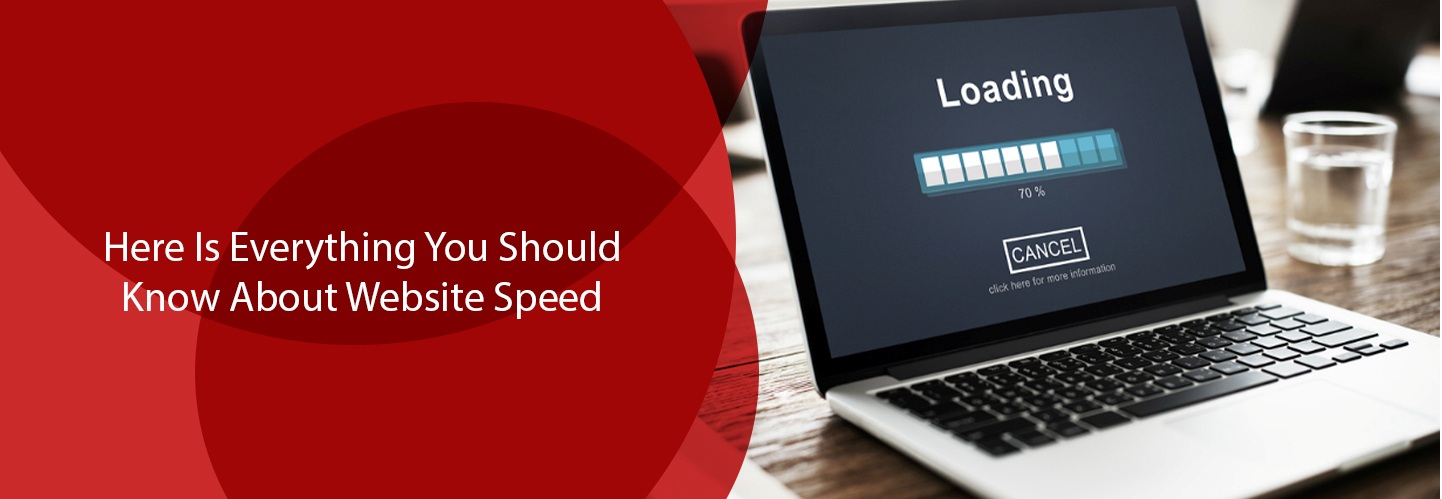Nothing is more frustrating than repeatedly trying to access a website only to encounter pages and graphics that just won’t load.
Even the smallest delay in this highly inventive and technologically advanced age causes us to frequently return to the search engine to find another website that contains the information we were attempting to find.
The website’s own speed might not be so fantastic even if you have the fastest internet plan, like the one provided by Xfinity. You can become so frustrated by this that you just settle down to watch TV.
On a side note, you can head out to Xfinity customer service to inquire about Xfinity’s internet plans. In order to keep visitors on your website, it is important to know how to measure website speed. It may be time to examine and increase the overall speed of your website if you notice that it is sluggish.
In this article, we will specifically address this issue.
Let’s get started right away!
How to Test the Speed of Your Website?
How can you check the speed of your website? How does your website get affected? Is there a way to make your website load faster for your visitors? These are only a few of the queries a website owner might have.
Well, fortunately for you, there are lots of strategies and resources out there for increasing and testing the speed of your website so that your visitors always have a good time surfing. This will entice consumers to visit your website frequently.
Let’s first define website speed and discuss why it matters before diving into the various possibilities.
What is meant by Website Speed?
A website’s speed is how quickly it loads for visitors. And how is it calculated? It is based on the mean of various page speeds, including page load time. This is the amount of time it takes for all of the text and pictures on a page to load.
These days, even the smallest amount of delay turns visitors off, and if your website takes more than a few seconds to load, they will leave.
Why Is Website Speed Important?
As we previously discussed, the speed of your website affects whether a user stays on it or simply leaves. However, it is much more significant than that.
Website speed is a significant factor that search engines, especially Google, take into consideration when deciding which website will appear at the top of a Search Engine Results Page (SERP). We hate to break it to you, but if your website loads slowly, it cannot possibly rank first.
It is important to remember that improving website speed benefits Search Engine Optimization (SEO). User experience is a key component of website performance; for example, fast pages translate into an appealing online shopping experience, which in turn boosts sales and ultimately decides the profitability of an online business.
How Can You Make Your Website Faster?
Now that you know how quickly your website loads on desktop and mobile devices, you probably want to know how you can speed it up and make it work better for users.
This is referred to as website optimization. Your SERP results will improve, and you’ll get more leads, keep audiences engaged, and potentially increase sales. There are various tools available for website optimization, but that topic deserves its own discussion.
How to Deal with Poor Speed Results
In all honesty, finding a speed checker online and plugins for your website’s URL is not difficult. Understanding what to do next, particularly if your website has a low score, is the difficult part.
After running the speed test, you can get a considerably lower grade than you anticipated. You must first understand that your website is not poorly or improperly constructed. Instead, there are many changes you can do to your website to improve it.
If you receive a low-speed score, keep the following in mind.
- Your website’s speed is rated differently by various speed checkers. On one test, you can get a bad grade, and on another, a good grade.
- You won’t always get bad scores though.
- Although getting a low score may seem difficult, performance is the main element that influences the user experience, thus you want to do it well.
Final Thoughts
For your visitors, poor website speed is more than simply an inconvenience. It can have an impact on SEO, resulting in fewer clicks, poorer rankings, and potentially lower sales.
The main element influencing success for contemporary internet enterprises is a website performance optimization, the focus of technologically advanced website designs. After all, a company’s bottom line is destroyed by poor website performance when clients start looking for alternatives out of the agony of patiently waiting for slow Web pages to load!
In order to keep your audience interested in visiting your website, you must understand what website speed is and how to improve it. Therefore, if your website is loading slowly, you should start making improvements.





